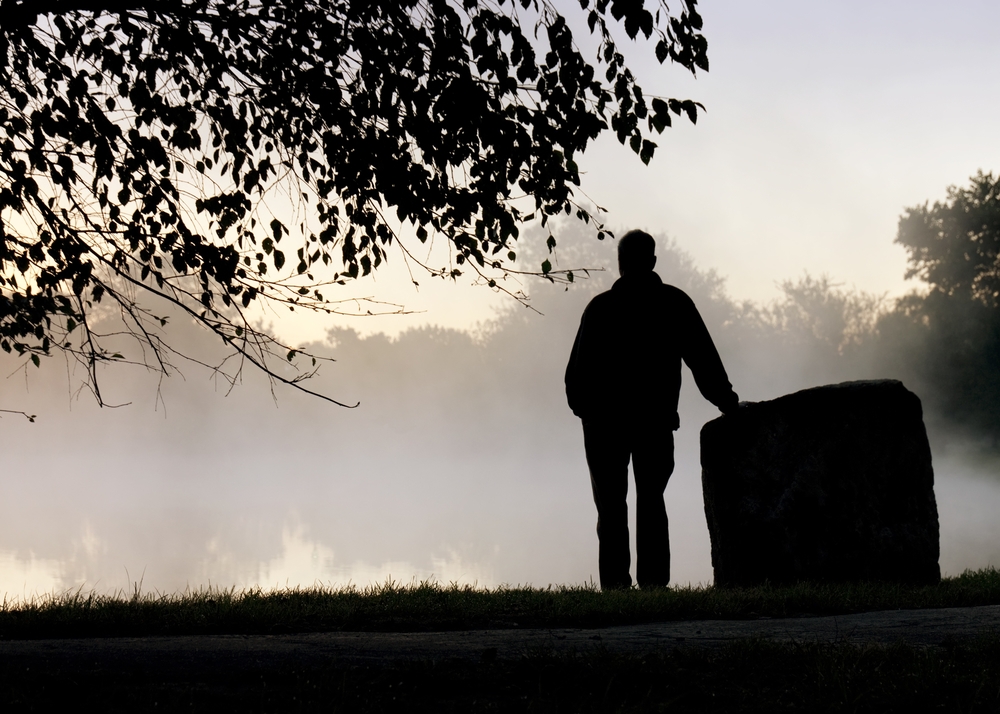He does not linger with those who have a home nor with those who stray. Wanting nothing, he travels on alone.
In India, people are divided into two categories; this is a tradition. It was so in Buddha’s time too, it is a very ancient division. Buddha is trying to make a distinction. He is trying to make his disciples a third category—the ancient categories are two. The first is the worldly, the householder, those who have a home. They are called householders for the simple reason that they live in the fallacy of security, safety—a safety that they think comes through money, power, prestige, a security that they think comes out of relationships. The wife thinks she is safe with the husband, the husband thinks he is safe with the wife, the parents think they are safe with their children. The safety is fallacious because neither the family nor money nor anything else of this world can save you from death. Happy Ho organizes best Meditation and Tarot classes in Noida and Delhi NCR area in India.
When death comes it shatters everything; it shatters all your sand—castles. The householder lives in a kind of dream world, a world of his own projections. It is not true, it does not correspond to reality; it is his own projection. The wife thinks the husband is her security and the husband thinks the wife is his security. Now, both are insecure. How can two insecure persons give security to each other? Two insecure persons together become doubly insecure, but the fallacy is created. This is the first category, the grihastha, the householder.
And the second category is of those who have renounced the first category, who have moved to the other extreme—who don’t live in houses, who don’t live in families, who don’t earn money, who don’t even touch money, who have moved to exactly the opposite extreme. They are known as sannyasins. They used to wander around the county in small or big groups.
But Buddha says, “You have dropped a small family and now you have moved into a bigger crowd—you have become another family. Nothing has changed. First you were thinking the small family was your security, now you think this crowd of monks is your security, but the old idea of security still persists.”
He says that to be a sannyasin means to accept the natural insecurity of life. That very acceptance is sannyas—to accept that, “I am born alone and I will die alone, and between these two alonenesses all ideas of being together with somebody are just fantasies. I am alone even while I am alive.” One is born alone, one lives alone, one dies alone.
Buddha’s emphasis is very much on the fact of your aloneness; he wants you to be aware of it. Once you are aware of it. Once you are aware of it you will be surprised at the beauty of it, at the joy of it. You will not be scared; you will rejoice in it because it has a freedom, it has an ecstasy in it, it has a purity and innocence in it. And why hanker for security?
Life is insecure in its very nature, hence it is simple logic: those who want to be more alive, they have to live in insecurity. The greater the insecurity, the more will be your aliveness; the greater the fallacious, so-called security, the less will be your aliveness.
That’s why you see so many dead people in the world, almost dead, for the simple reason that they have become so attached to the idea of security. And the more dead you are, the more secure you are. Don’t do anything that can create any insecurity, remain confined to the familiar, don’t ever go beyond the limits. You will never know the ecstasy of going beyond the limits. You will never know the ecstasy of exploring the unknown and the unknowable.
According to Buddha, both categories are the same people. Of course they are extremists and they appear opposite to each other, but don’t be deceived. They are not really opposite; they have found different kinds of security.
Wanting nothing, he travels on alone—the real sannyasin has no desire, not even desire for life; hence he is not afraid of death. He has no desire in this world or in the other; hence he is not concerned with creating all kinds of safeties around himself. He is not concerned. He can be alone, utterly alone. He is not trying to be clever and cunning with existence; he trusts existence. He can see that the householders are living in a projection, in a projected world of their own; and the so-called monks and nuns are living in another projection, but again it is a projected world. He moves alone—it has not only to be an outward act, it has to be an inward feeling also.
To be alone is the most fundamental thing for a mediator—to experience aloneness, to sit silently and just be yourself, just be with yourself, not hankering for any company, not hankering for the other. Enjoy your being, enjoy your breathing, enjoy your heartbeat. Enjoy the inner accord, the harmony. Enjoy just that you are, and be utterly silent in that enjoyment.



